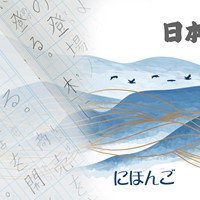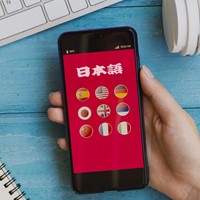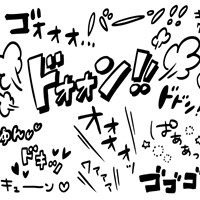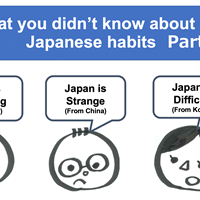What you need to know about "Good" and "Bad" in Japanese

This page contains affiliate links.
This article is contributed by Tokyo Central Japanese Language School.
Hallo. My name is W.G. I am a Japanese language teacher at a Japanese language school in Shinjuku, Tokyo.
When I interact with international students, I often find out that they encounter various misunderstandings in their daily lives, and there are many things that often make me wonder. Today, I'd like to introduce you to some examples of how to use "Good" and "Bad".
It's bad/ Warui desu
The other day, a student said the following to me.
Student: Sensei, I don't feel good today.
Me: What's wrong?
Student: When I was coming to school, I saw an old lady carrying a big bag up the stairs at the station.
I asked her if I could help her, but she said, "Warui ne (It’s bad / meaning I'm sorry.)”
How can she say "bad" when I have done something kind? Did I do something wrong?
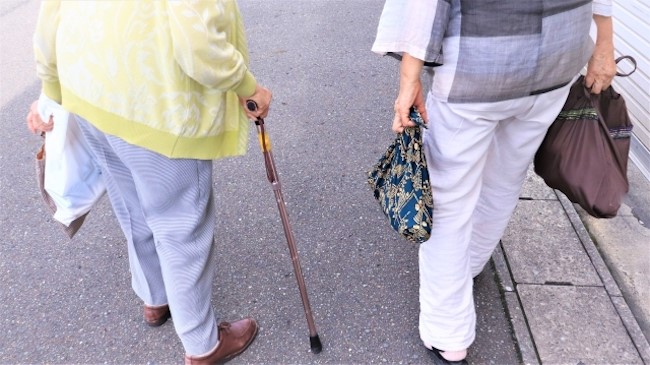
Why did the old lady say "Warui ne (It’s bad )"? You might be thinking, "How dare she say "bad" when the student kindly helped her?
How do you usually use the word "bad" in your daily life? Such as "the weather is bad today" or "when the physical condition is bad"? It is true that we use it when the condition is not good.
However, there are other ways to use "warui/ bad" in Japanese.
・I'm sorry(It’s bad), but please wait a little longer.
・I'm sorry(It’s bad) that you had to drive all the way home to pick me up.
・I'm sorry(It’s bad) for making you worry.
In such cases, "Warui/ it’s bad" implies an apology. I'm sure the old lady the student met at the station wanted to say, "I'm sorry to you for carrying my heavy luggage.
It's Good/ Ii desu
This is a conversation I had with a student the other day. A student, who had just arrived in Japan, told me about her experience at a convenience store. This student said that she was a little nervous because she felt that she was always asked many questions at a convenience store in Japan. She often said "yes" without really understanding. This is an experience of one such day.
(At the cash register)
Cashier: "Would you like to have the chopsticks ?"
Student: "Ah, ii desu “(Oh, that's fine!) (This student needed chopsticks.)
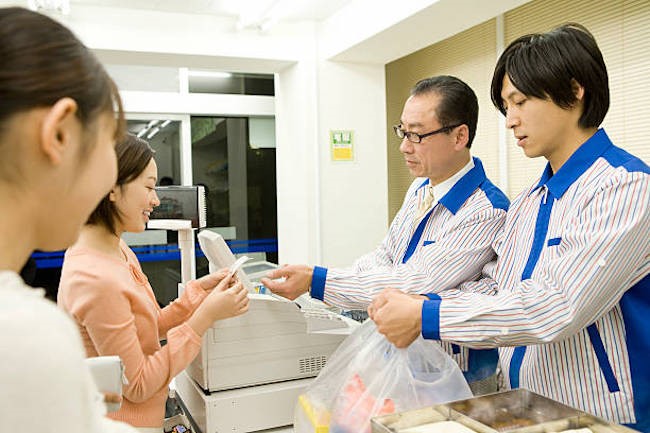
The student understood that she was asked if she wanted chopsticks or not, and she wanted to have one. However, the cashier did not give her chopsticks. The student tried several times, but could not get chopsticks at the convenience store, so she finally asked me if the cashier was being mean to her.
Why didn't the cashier give her chopsticks?
In fact, the phrase "ii desu”(it's good) was taken to mean "I don't want it."
There are several meanings of "iidesu "(it's good) in Japanese, including the meaning of refusal. If she wanted to receive chopsticks, what should she have said? In such a case, you can say, "Yes, please."
ster)
・Would you like to make a point card?
→ iidesu (it's okay). (I don't need it. You don't need to make it.)
・Would you like to have some milk?
→ iidesu (it's okay). (No, I don't need it. You don't have to give me.)
・Do you need a receipt?
→ iidesu (it's okay). (No, I don't need it.)
Please use Japanese as much as you can, and if you don't understand something, don't just leave it at that, ask the Japanese people around you. You will never forget the strange experience, and it will surely remain deep in your memory.

